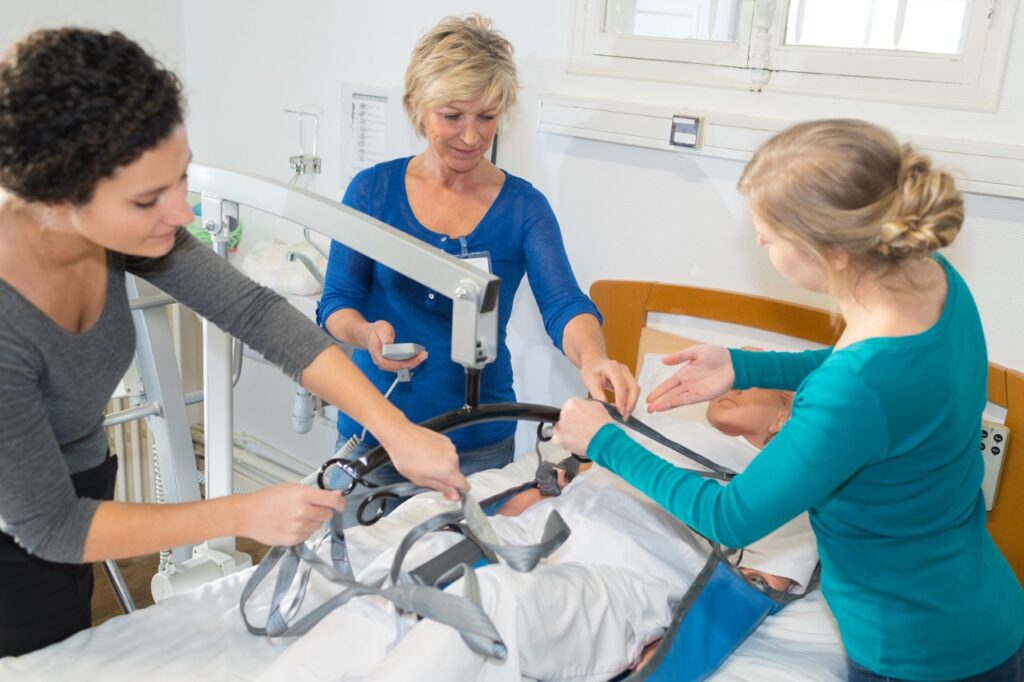Here are three ways to minimise falls.
It’s well known, falls are a common concern in the elderly population, often leading to injuries and hospitalisations, and resulting in a change of independence and quality of life. However, falls can be prevented with the help of appropriate strategies and interventions from Allied Health Services.
The primary prevention strategy is exercise. Regular physical activity, especially strength and balance training, improves coordination and reduces the risk of falls. Allied Health Services provides personalised exercise programs so that consumers can safely undertake activities of daily living.
Another important strategy is medication management. Certain medications can increase the risk of falls due to such side effects as dizziness and confusion. The Allied Health team can work with consumers and their healthcare providers to review their medication regimen and make adjustments as needed.
Home safety assessments can assist with falls prevention. When Allied Health Services conduct an assessment of a consumer’s living environment, they recommend modifications such as grab bars, handrails, and adequate lighting with the aim of reducing the incidence of falls.
Falls prevention requires a multidisciplinary approach, including the involvement of your Allied Health Services team – which could include the engagement of an Occupational Therapist, Physiotherapist, Osteopath or an Exercise Physiologist. By implementing strategies such as exercise, medication management, and home safety adjustments, consumers have the best chance of reducing the risk of falls and maintaining their independence at home and enjoyment of life.




